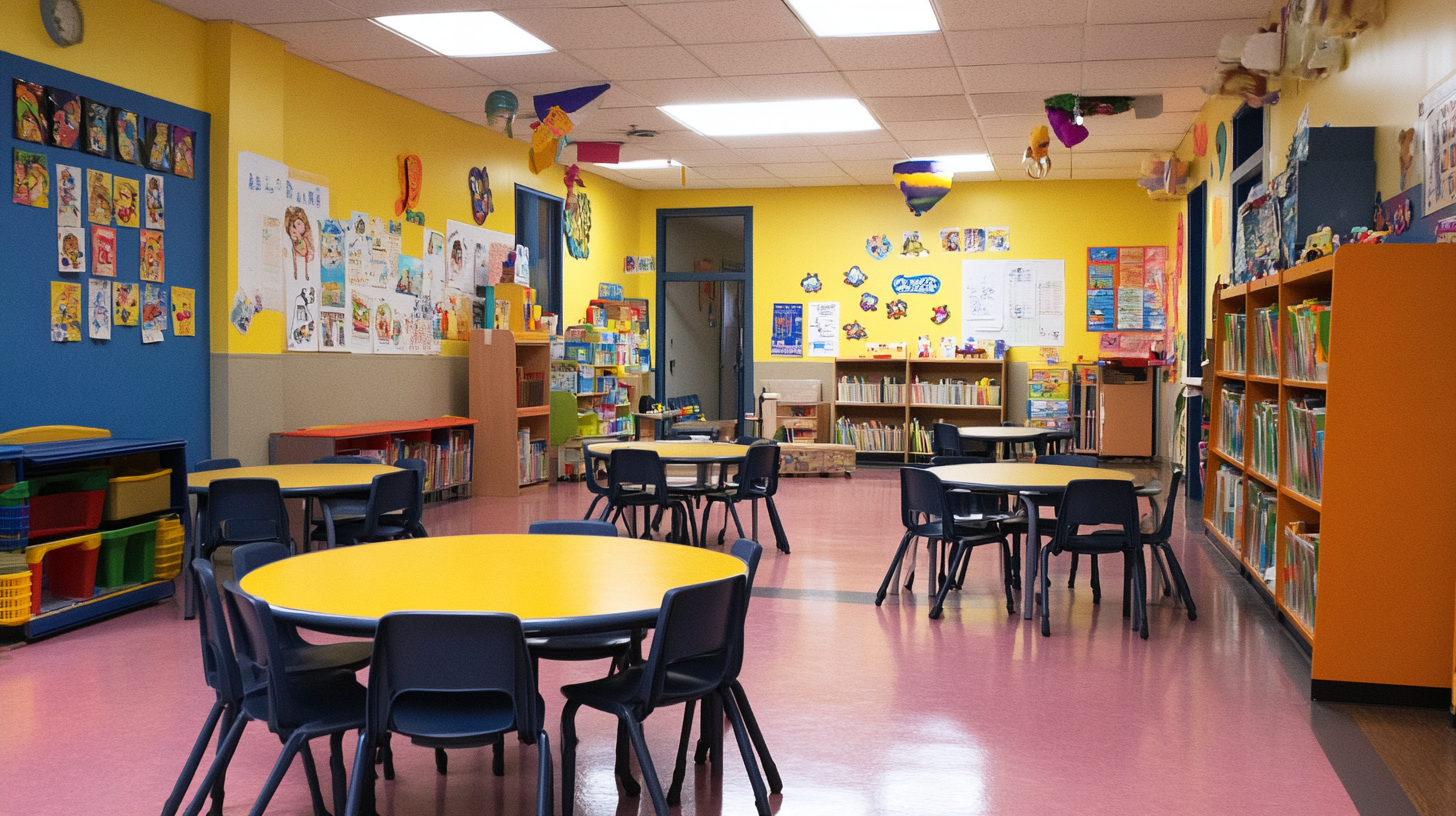Early childhood is a critical period in a child’s development, setting the foundation for lifelong learning and social skills. Head Start programs play a vital role in this development by preparing children for school and beyond. If you’re considering enrolling your child in Head Start, it’s important to understand the essential skills they will gain. These programs provide more than just basic literacy and numeracy; they also foster social, emotional, and cognitive skills that are crucial for success in school and life.
The Importance of Early Childhood Development
Early childhood development is a significant phase where children acquire foundational skills in various domains. During this stage, children’s brains are highly receptive to learning, and the experiences they encounter can shape their future abilities and attitudes towards learning.
Preschool Readiness: A Head Start Advantage
Head Start programs are designed to promote preschool readiness by focusing on a holistic approach to child development. This means addressing not just educational needs but also social, emotional, and health-related aspects. Research has shown that children who attend quality early childhood programs like Head Start are better prepared for kindergarten and are more likely to succeed academically.

Literacy Skills: The ABCs and Beyond
One of the primary objectives of Head Start is to enhance literacy skills. Children learn to recognize letters, sounds, and words, laying the groundwork for reading. They engage in activities that promote language development, such as storytelling, singing, and playing with rhymes. These activities help children expand their vocabulary and improve their communication skills.
Numeracy Skills: Building Blocks of Math Understanding
Numeracy is another key focus area in Head Start programs. Children learn basic math concepts like counting, sorting, and recognizing patterns. They engage in hands-on activities that involve measuring, comparing, and problem-solving, which are essential for developing critical thinking skills.
Social Skills: Learning to Work Together
Social skills are fundamental to a child’s success in school and life. In Head Start, children learn to interact with peers and adults in a positive way. They participate in group activities that teach cooperation, sharing, and taking turns. These experiences help children develop empathy and understand the importance of teamwork.
Emotional Skills: Understanding and Managing Feelings
Head Start programs also emphasize the development of emotional skills. Children learn to identify and express their emotions appropriately. They are taught strategies for managing feelings like anger or frustration, which can reduce behavioral problems and improve classroom dynamics. Understanding emotions also helps children build resilience and cope with challenges.
Cognitive Skills: Encouraging Curiosity and Problem Solving
Cognitive development is a key component of Head Start’s curriculum. Children are encouraged to explore their environment and ask questions, fostering a sense of curiosity and a love for learning. Through play-based learning, they develop problem-solving skills and learn to think critically about the world around them.
Health and Nutrition: Building a Strong Foundation
Head Start programs recognize the importance of health and nutrition in early childhood development. They provide nutritious meals and snacks to ensure children receive the necessary nutrients for growth and development. Health education is also a part of the curriculum, teaching children the importance of hygiene and healthy eating habits.

Family Engagement: A Collaborative Approach
Family involvement is a cornerstone of Head Start programs. Parents and caregivers are encouraged to participate in their child’s education and development. Programs offer resources and support to help families create a nurturing home environment that complements what children learn in Head Start.
Transitioning to Kindergarten: A Smooth Path Forward
One of the goals of Head Start is to ensure a smooth transition to kindergarten. By building a strong foundation in literacy, numeracy, social, emotional, and cognitive skills, children are better equipped to handle the demands of formal schooling. Head Start programs also work closely with local schools to align their curricula and prepare children for the next step in their educational journey.
Conclusion: The Lasting Impact of Head Start
The skills children learn in Head Start extend far beyond the classroom. These programs provide children with a strong start in life, equipping them with the tools they need to succeed in school and beyond. By focusing on a holistic approach to early childhood development, Head Start programs help children build a bright future.
Choosing to enroll your child in a Head Start program can be one of the most impactful decisions you make for their education and development. As they learn their ABCs and how to work as a team, they are also developing the critical skills that will guide them through life.
Head Start is not just about preparing for kindergarten; it’s about preparing for a lifetime of learning and success.
Ready to Enroll Your Child in Head Start? Contact Open Doors Preschool Today!
If you’re interested in giving your child the best start in their educational journey, consider enrolling them in Open Doors Preschool. Our Head Start program is designed to nurture essential skills that will benefit your child for years to come.
Contact us today to learn more about our programs, schedule a visit, or ask any questions you may have. Together, we can help your child thrive!
